Siri and Alexa are common words everyone speaks at least once a day. There are not mere words but the most popular and widely used artificial intelligence voice assistants.
Both the tools are excellent for serving as digital and personal assistants in the daily walks of life.
People nowadays are not only having smart devices but also smart homes. The tools like Siri and Alexa are smart devices that help incorporate the idea of the smart home.
All you need to do is give the command, and the work is done. You don't even need to get up to do the work.
Apple Inc. owns Siri, and it's available on iPhones, Mac, and other Apple products. Meanwhile, Alexa is owned by Amazon and incorporated into any device. But is only incorporation enough to decide what's best for you?
Continue reading to find out more about Siri vs Alexa and which is suitable for you.
What is Siri?
The most experienced and hysterical personal assistant is Siri. In 2010, Apple released Siri as a standalone app on the App Store. However, since the corporation purchased the firm that created it in 2011, Siri has been permanently integrated into Apple's iOS operating system.
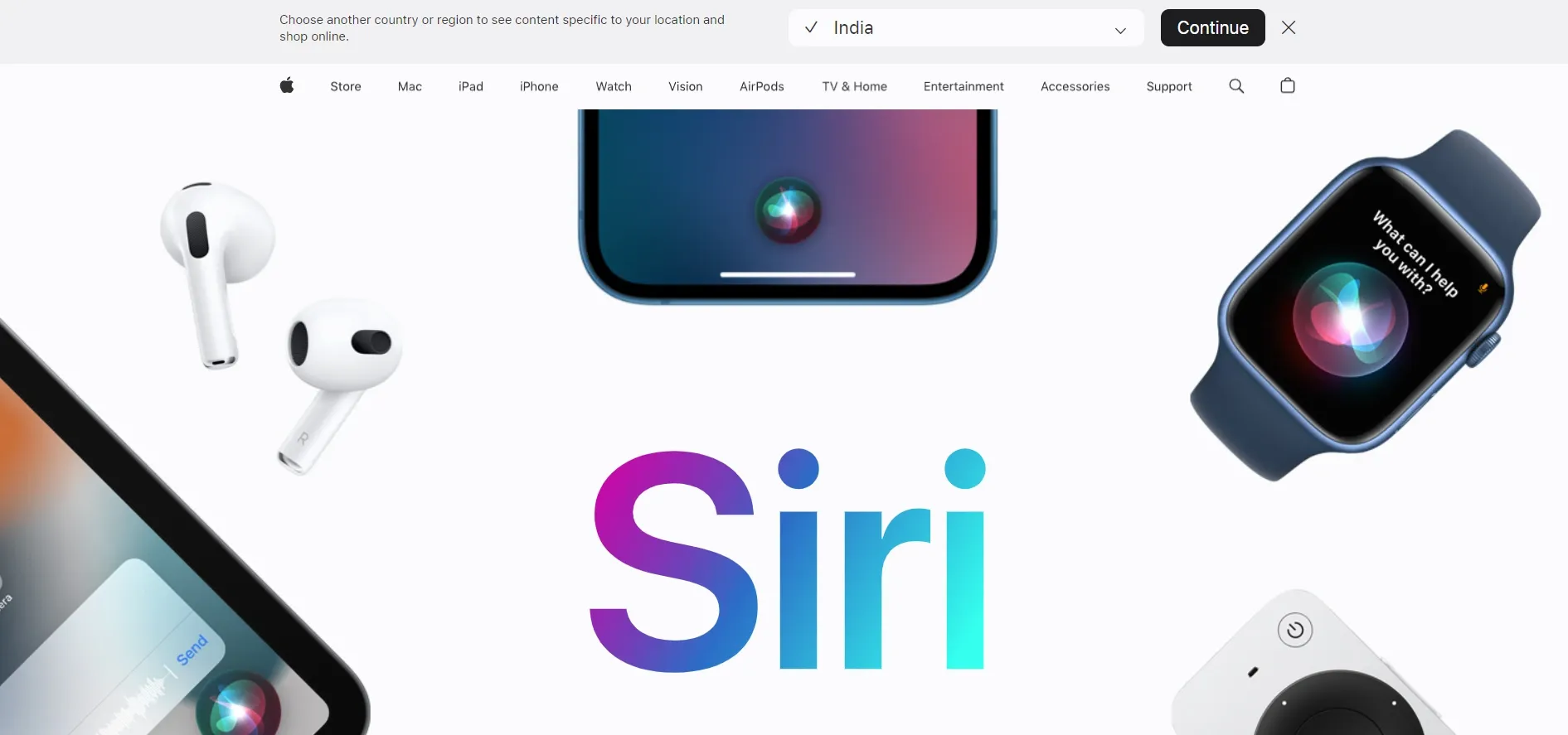
Siri will carry out various activities for you and gather data from numerous Apple services to provide you with a more individualized experience, similar to Google Assistant and Alexa.
Using natural language is permitted and wittily possible (which the others are not).
Siri can access applications and call or text people in your address book. Also, it can set reminders and alarms, locate information online, make suggestions and jokes, and operate connected smart home devices.
The primary distinction between Siri, Alexa, and Google Assistant is that Siri is exclusively accessible on Apple devices.
Siri is available on iPhones, iPads, Apple Watches, AirPods, MacBooks, iMacs, the HomePod speaker, and any automobile with Apple CarPlay. Although, that also requires an iOS device - as well as on the iPhone, iPad, and Apple Watch.
What is Alexa?
The Amazon-speaking bot is called Alexa. It was introduced in 2014 along with the Echo smart speaker, which can be controlled by Alexa and can use voice commands to search the web and play music.
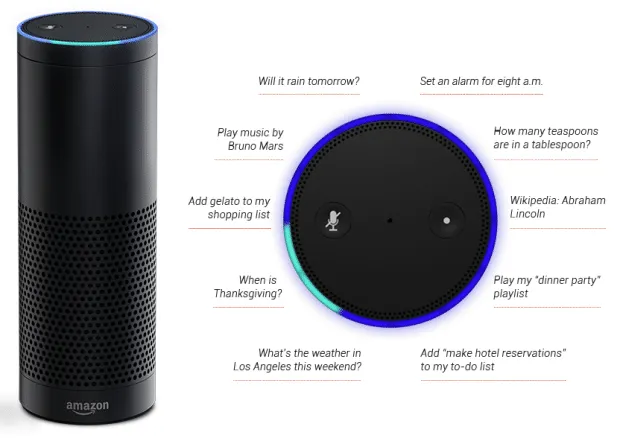
This fantastic widget will allow you to request news updates or services you require immediately without constant phone interruptions. Even if the competition is increasingly fierce, Alexa still has a compatibility advantage.
Due in significant part to its comprehensive collection of compatible apps—which presently numbers over 200—compared to rival platforms' meager options at this time last year, it can easily access information online while also controlling smart home gadgets and music playing from multiple sources like Spotify or Hue with voice commands!
Siri vs Alexa: Feature Comparison
Despite having its beginnings with the Echo device, Alexa's software platform rapidly grew to include numerous home appliances.
Any Alexa-compatible home equipment may be linked to and controlled remotely by smartphone using one of the many third-party apps that are readily accessible.
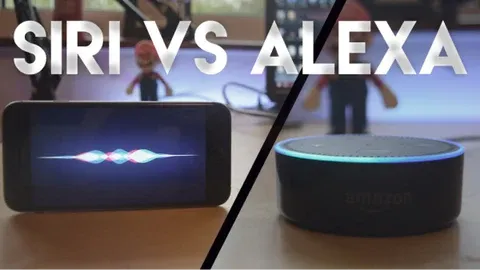
Apple products, including the iPad, Mac, iPhone, Apple TV, Apple Watch, and Apple Car Play, have Siri built right in. It functions well on Apple devices, but integrating it with a few third-party apps makes it a bit more challenging.
However, Apple is working to close this gap, and development is ongoing. The Alexa platform's linked devices operate interactively.
For Alexa to respond to commands or questions, the user must first speak Alexa to the device. A voice-activated platform called Siri made its debut on the iPhone first before being added to other Apple products. For Apple devices, it is an innovative and straightforward digital assistant.
Question Answering Skills
Both Siri vs Alexa is pretty good at providing all of your inquiries with answers. You may use any of them to ask them to convert a measurement for you.
Moreover, provide you with the forecast for the day, or link them to your family calendar so they can notify you of upcoming events.
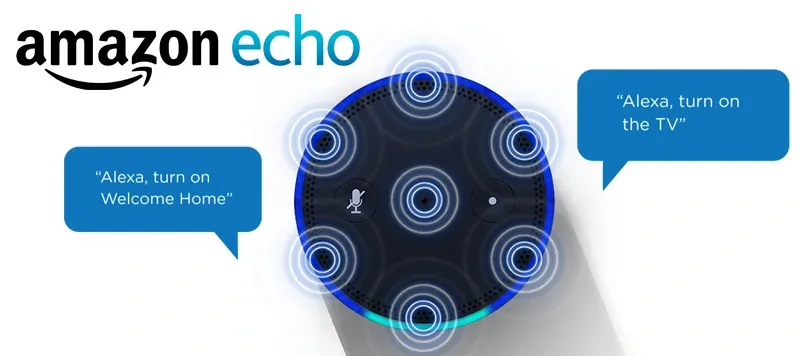
However, they do react somewhat differently. When speaking rapidly or informally, Siri often understands you better than Alexa. The latter needs more detailed words to get what you mean entirely.
Additionally, Siri has a superior sense of humor and frequently responds to frivolous questions with amusing, humorous responses.
Given its Amazon background, Alexa is better at assisting you with shopping. If you don't mind using Amazon, you can easily order products using Alexa and create a shopping list.
Thanks to its Skills area, where you can add additional services. It also appears quicker to adapt new items like support for new hardware or web services.
Technology
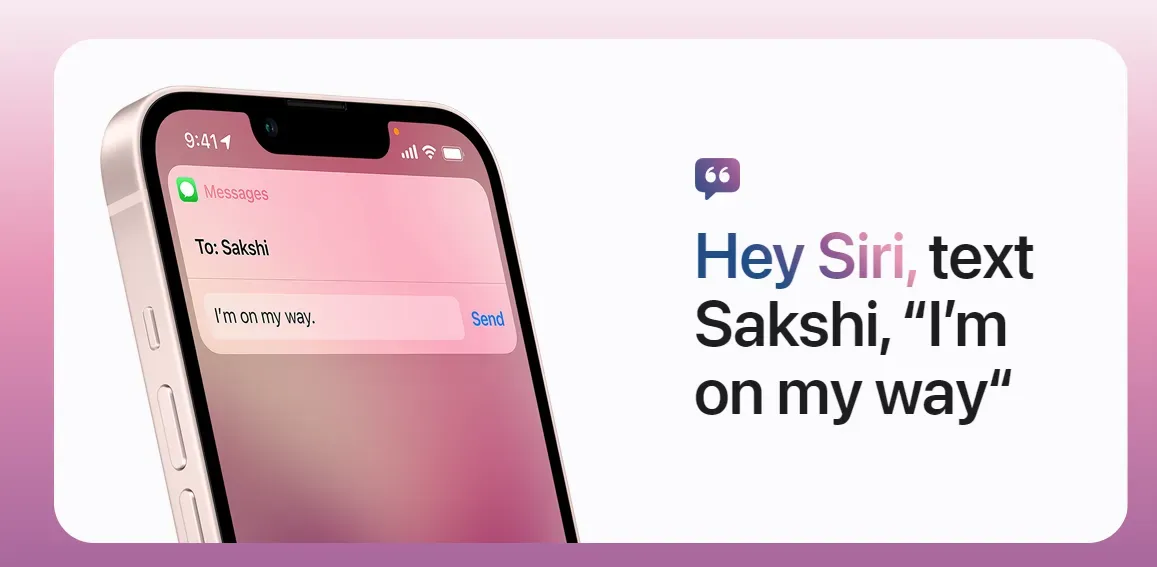
Siri uses natural language processing algorithms to answer questions and carry out commands. Both direct and arbitrary inquiries are answered by it. S
iri can operate compatible Home gadgets. A new voice-based system, Alexa, employs conversation-related AI algorithms.
Thanks to more than one lakh third-party apps, it can easily communicate with any device in the home, workplace, or manufacturing environment.
Phone Support
With iPhones in mind, Apple created Siri. Before it was available on all Apple devices, it was first available as a standalone app.
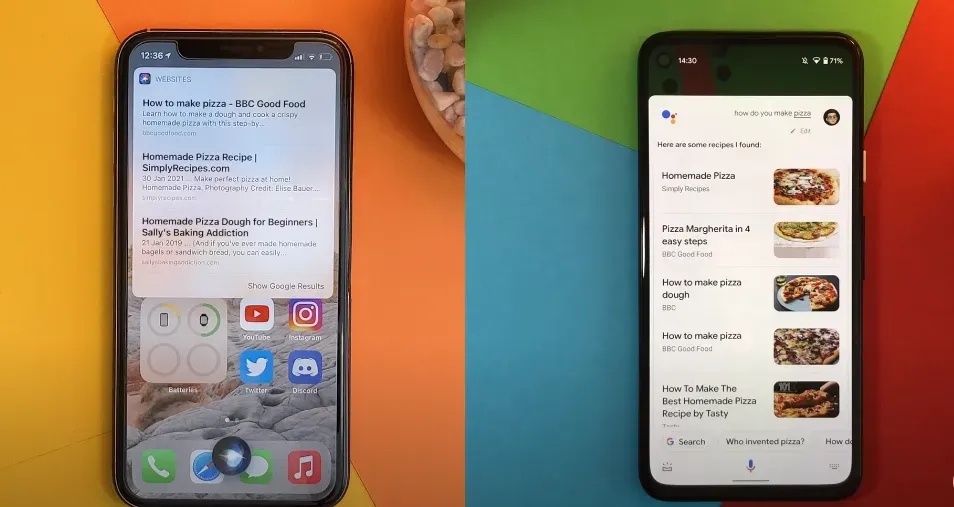
When you use it, that is evident. Compared to Alexa, which needs a separate app installed, it is far more practical to use on your phone.
While Alexa requires some experience and exploring the app to comprehend fully, Siri is so seamlessly integrated into your iPhone that using it feels second nature.
Particularly with Alexa, setting up smart home routines may be challenging and time-consuming.
Voice Recognition
These assistants are clever in detecting the voices of individuals in a multi-member setting to deliver unique replies to each individual and protect secrecy.
At the same time, the inquiries get a response to the degree of each device's capabilities in both assistants. There's no need to repeat or restate the inquiry considerably.
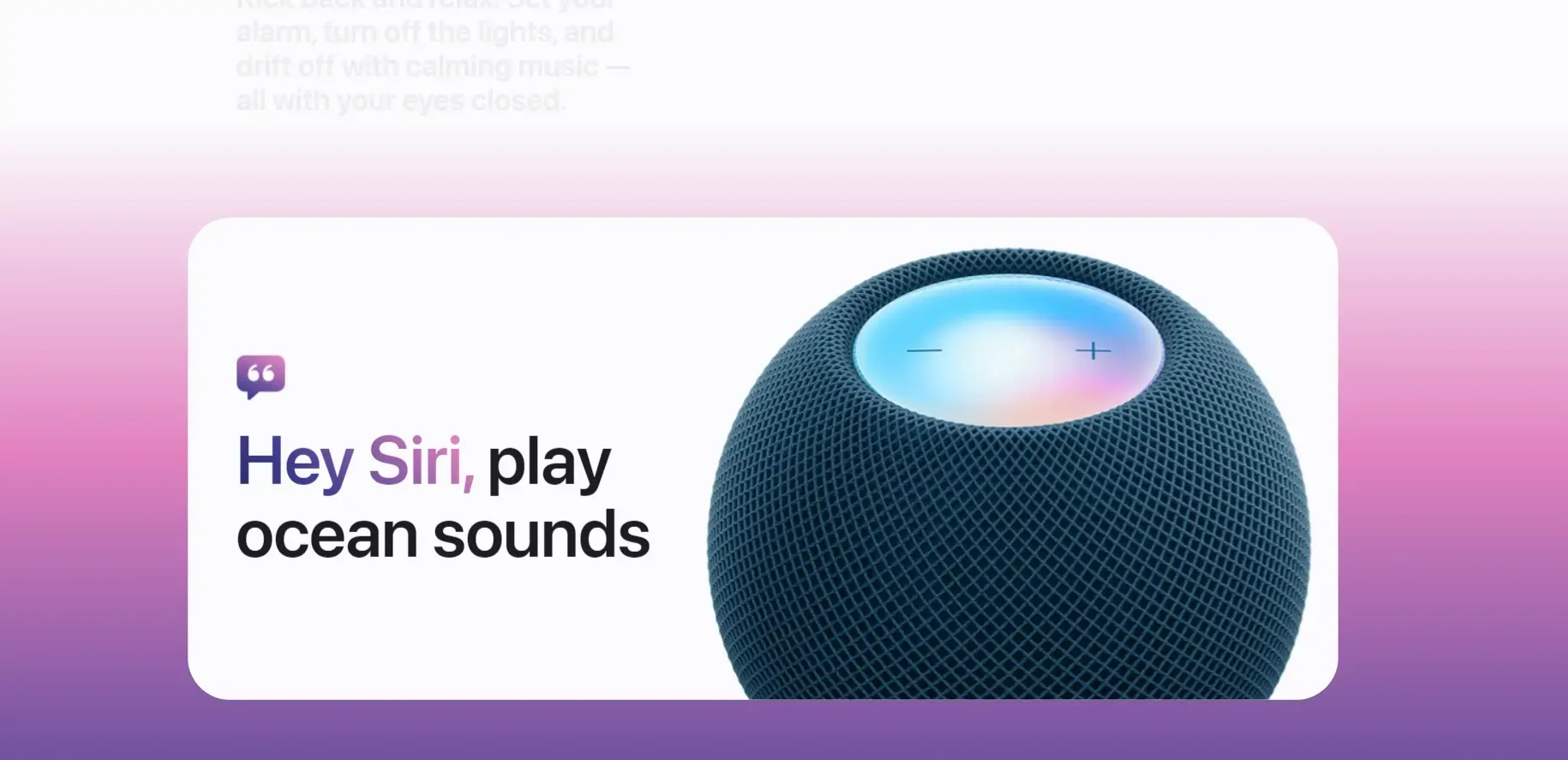
All users' voice profiles are kept up to date by Alexa, which also offers customized media, shopping, and calling services.
Before users begin using the gadgets, Siri is educated on their unique voices to provide tailored services and avoid giving out sensitive information to incorrect people.
The HomePod information does not take advantage of this functionality.
Extendibility
With the help of third-party applications available in the Alexa store or internal developers working with the development kit and standard template given by Alexa.
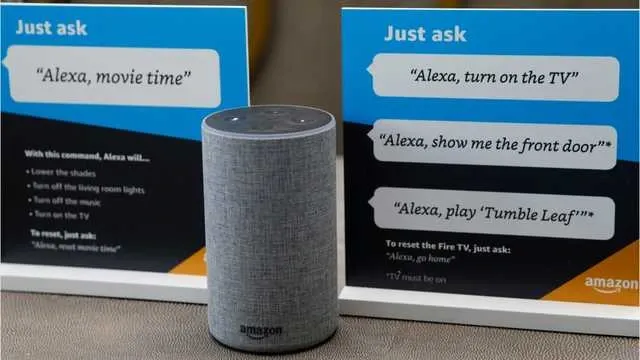
It is new functionality for Alexa that you may add with ease. Siri provides a limited number of third-party app services in niche markets, including to-do list creation, taxi hailing, and money transfer.
With Siri shortcuts, you can now build unique words to communicate with applications.
Entertainment
One of the best characteristics of virtual assistants is their ability to integrate with home entertainment systems.
You can now use Alexa to operate your Amazon Fire TV, Fire TV Stick, or Fire TV Edition, including accessing applications, skipping forward in time, playing music, and stopping the video.
Siri is currently in an odd situation. A new software update allows you to use Siri on your iPhone or HomePod to manage the playback of music and podcasts on an Apple TV or other AirPlay speakers.
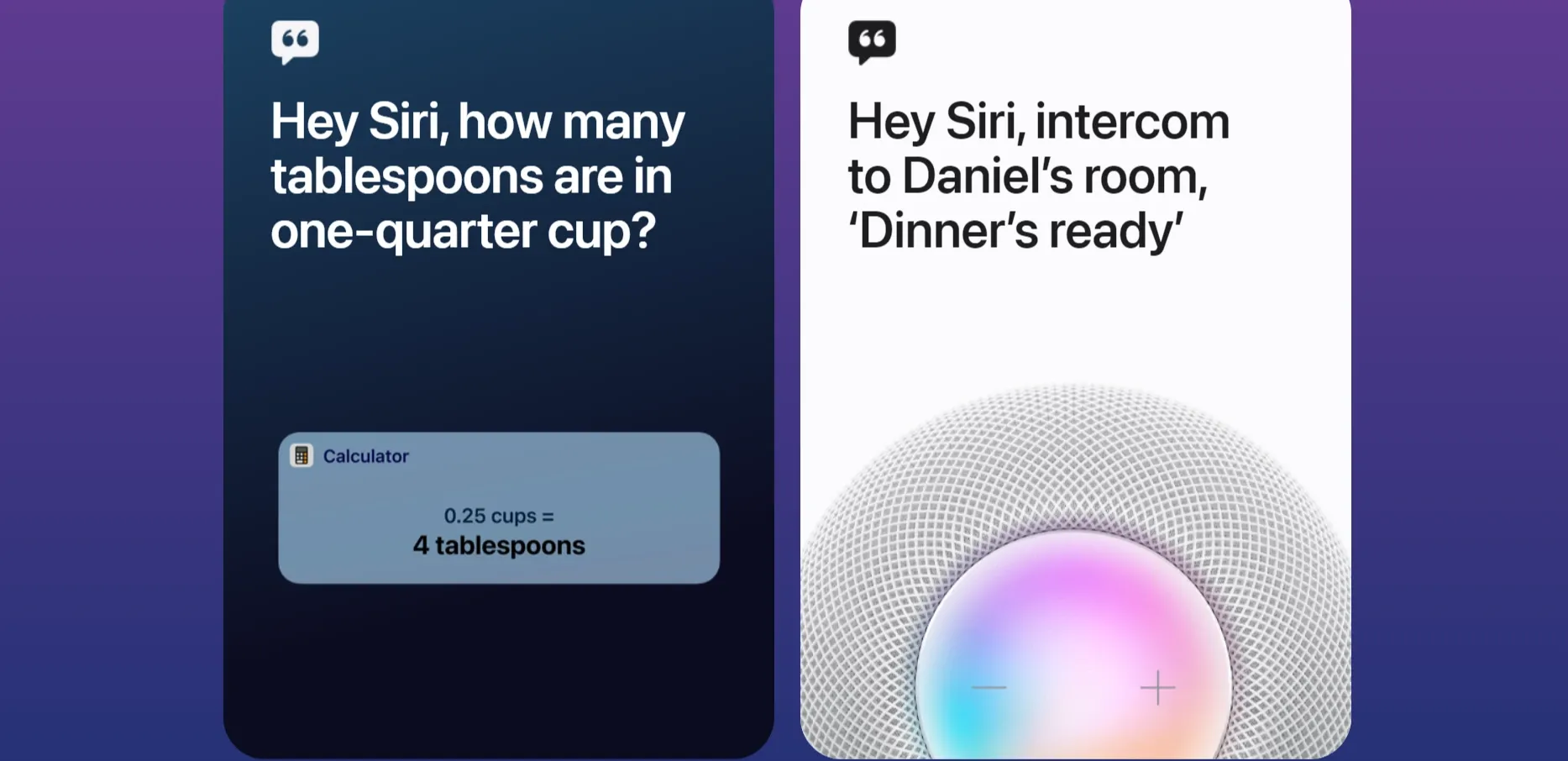
The device's on/off switch, launching of applications, and video playback are all tasks that Siri cannot perform.
You can do much more with Siri on the newest generation of Apple TVs thanks to its built-in remote control, including navigating through videos, enabling subtitles, and launching applications.
However, it is less practical if you have to look for the remote, and Apple TV's Siri does not support third-party integration.
Siri vs Alexa : Which is the right for you?
Both Siri and Alexa are excellent digital helpers. Throughout the day, they offer a ton of assistance, whether you ask them to switch on your lights, search up your next appointment, or convert some measures for you hands-free.
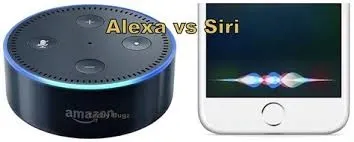
It doesn't matter which intelligent assistant you pick if you can only have one, in a sense. They are both trustworthy, and if you don't know better, you'll be content with either one.
However, Alexa is a tiny bit more useful than Siri. It's occasionally less user-friendly and a little picky about how you say things. Still, it's often far less expensive, doesn't need to be a member of the Apple ecosystem, and offers more comprehensive music streaming support.
Is Siri superior to Alexa? It's hard to affirm this with certainty, but investing in it is undoubtedly less expensive. Siri does, however, provide more robust security and encryption.
With either Siri or Alexa, you can't go wrong, although it does help to be clear about your objectives. If you're already a devoted Apple user, Siri is essentially a no-brainer.
If you speak rapidly or less precisely, it's quick, secure, and somewhat more probable that they will comprehend. It may also be pretty humorous.
However, Alexa has an advantage here. Especially considering it's less expensive to implement if you're a huge fan of intelligent homes and want to ensure compatibility for all your gadgets.
While it could be watching what you do to advertise more relevant things, it merely supports more hardware. It's not a given, but worried people could choose Siri's security instead.
Therefore, Alexa wins on flexibility and pricing, but Siri wins on security and informal conversation. You'll be pleased with both services, anyway.
Conclusion
Summing up, Siri and Alexa both the platforms have almost similar features and functionalities. Alexa wins if you want to use it for connecting multiple deicides simultaneously.
Siri cannot be suitable for you as it is a premium, sophisticated system compared to Alexa. Each platform, Siri and Alexa, has its pros and cons. Whatever one might say, the end decision always lies with the individual.
Summing up, the choice between Siri vs Alexa ultimately depends on your personal preferences and ecosystem. Siri is deeply integrated with Apple devices and services, making it ideal for Apple users.
On the other hand, Alexa offers a wider range of compatible smart home devices and third-party skills, making it a popular choice for smart home enthusiasts.
BotPenguin is an invaluable ally and the perfect business partner in this era of technological advancements. While Siri and Alexa serve as excellent companions, BotPenguin takes things to a whole new level.
With the advent of ChatGPT, the business landscape is undergoing a remarkable transformation, and a revolutionary shift is on the horizon.
And, in the times of AI, BotPenguin helps businesses by letting them create their own ai chatbot for platforms like:
Frequently Asked Questions (FAQs)
Who is the best assistant Siri or Alexa?
Determining the "best" assistant between Siri and Alexa is subjective and depends on individual preferences.
Siri is known for its seamless integration with Apple devices and services, while Alexa offers a wide range of smart home capabilities and a larger ecosystem of compatible devices.
Ultimately, the choice between the two depends on the specific needs and ecosystem of the user.
Is Siri better than Alexa?
Both Siri and Alexa are intelligent virtual assistants developed by Apple and Amazon, respectively. Their intelligence is subjective and depends on the specific tasks and capabilities they offer.
While Siri is tightly integrated with Apple devices and services, Alexa has a wider range of compatible devices and a larger ecosystem of third-party skills, giving it a broader functionality.
Who is older Siri or Alexa?
Siri is older than Alexa. Siri was first introduced on the iPhone 4S in October 2011, while Alexa was released with the Amazon Echo in November 2014.
Is Siri safe or not?
Siri is generally considered safe to use. As an AI assistant, it prioritizes user privacy and data security. However, it's important to be cautious and follow best practices when sharing sensitive information with any digital assistant.
Who is economical? Siri or Alexa
Both Siri and Alexa are virtual assistants developed by different companies.
However, it is challenging to determine which one is more economical as their pricing structures and associated costs may vary depending on the specific devices and services offered by Apple and Amazon.
It is recommended to research and compare the pricing options of each platform to make an informed decision.



